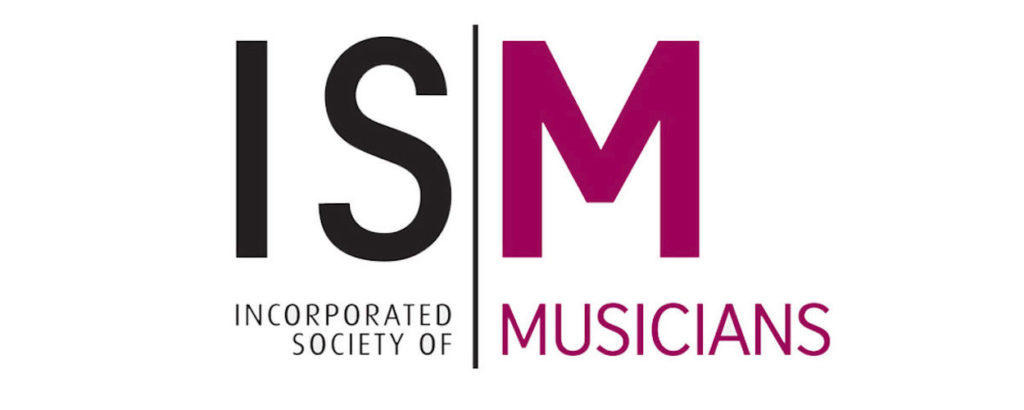This website uses cookies so that we can provide you with the best user experience possible. Cookie information is stored in your browser and performs functions such as recognising you when you return to our website and helping our team to understand which sections of the website you find most interesting and useful.
Education & Events
Letter from ISM chief exec Deborah Annetts to Minister For School Standards Nick Gibb
By CMU Editorial | Published on Wednesday 1 July 2020

I write as a matter of urgency. Several national media outlets have reported that the Department For Education has produced draft guidance on the return of schools and the catch-up curriculum, and that this guidance will be published in full on Thursday. There are two points in this guidance that raise serious concerns for us as a professional body that represents thousands of music teachers. These points are as follows:
• ‘Some subjects for some or all pupils may have to be suspended for two terms to allow catch-up on core subjects such as English and maths, with a full spread of subjects returning in the summer term of 2021.
• ‘Some students may have to drop some GCSEs altogether in Year Eleven to allow them to catch up and achieve better grades in English and maths. GCSEs and A levels to take place as planned next summer but with some “adaptations”‘.
Needless to say, the suspension of certain subjects will cause considerable disruption to students and teachers alike, and we are surprised that as the subject association for music we have not been consulted on these plans. I am therefore asking for further clarity:
• Is music being considered for suspension?
• On what basis will this decision be made, and by whom?
• Will head teachers have the right to decide whether subjects should be dropped?
• Will the government take an active role in this decision and enforce it through Ofsted?
• What GSCEs will be dropped, and what consideration has been given to those students whose career paths are dependent on these GCSEs?
• If these plans proceed, what financial support will be provided to those teachers whose work is curtailed as a consequence?
While we understand the significant impact that COVID-19 has had on education, we are absolutely clear that the dropping of music education would run contrary to the obligation to provide a broad and balanced curriculum which is so vital for the progress of all our children in an educational setting.
As the ISM documented extensively in its ‘State Of The Nation’ report (2019) – which is a definitive insight into the state of music education – music education has in recent years been marginalised within many of our schools. This is not the moment to further marginalise music when so many are calling for a recovery curriculum which puts arts education at the centre of our children’s schooling.
Though music educators across the country have done their absolute best to respond to these challenges with creativity and enthusiasm, music educators are already facing redundancy. And the lack of guidance from the DfE on when private teachers can recommence face to face teaching is only compounding matters.
We understand that there is still no commitment to long-term government funding for music education hubs and the delays to the National Plan For Music Education combined with the sixteen step plan is reinforcing the message that the government does not value music. This would be disastrous, not only because music provides a career pathway for many children but also because the music industry generates £5.2bn for the economy.
Music education is also a key tool in tackling mental health problems, and has been shown to assist in improvements in overall attainment. For these reasons and many others it should be central to the catch-up curriculum. Indeed, though the current crisis has produced profound problems, it also provides an opportunity to reflect on the present state of education and where we go next.
If our education system is to be fit for the challenges of the fast-moving 21st Century it needs to provide children with a broad range of skills so they can work in the digital space and take full advantage of a global economy. And it is the arts subjects which can prepare children best for these challenges.
We therefore ask you to reconsider the draft sixteen step plan and the dropping of non-core subjects.





